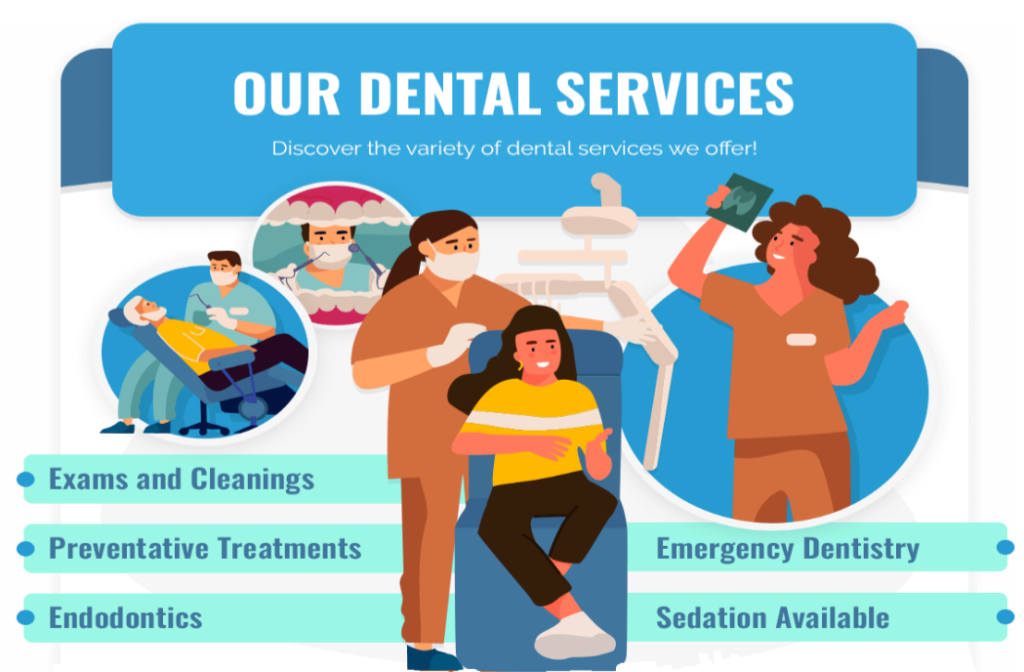The Benefits of Fluoride
Prevents tooth decay:
Demineralization of teeth is prevented by getting
itself incorporated into the enamel mineral, forming Fluorapatite. Fluorapatite
is more resistant to acid dissolution than the regular enamel crystal hydroxyapatites.
Strengthens enamel-fluoride works on the partially demineralized
subsurface enamel crystals and enhances remineralization of teeth by
incorporating itself into the subsurface enamel crystals and absorbing more
calcium and fluoride ions form fluorapatite
Reduces sensitivity:
Dentine hypersensitivity is caused by fluid movement in
exposed dentinal tubules. Fluorides, when externally applied, act as a physical
barrier, thus reducing fluid movement and leading to sensitivity. Also by
enhancing remineralization, it makes the tooth harder and resistant to sensitivity.
Prevents cavities: Teeth break down due to acids produced by the bacteria
inside the mouth. Fluoride makes the teeth more resistant to acids
produced by the bacteria in the mouth. It is also a bactericidal and cariogenic bacteria.
Sources of fluoride:
Drinking water:
Between 0.7 and 1.2mg/liter of fluoride is the recommended
dosage. Regulated levels of fluoride in drinking water helps prevent the
development of carious lesions. As many people don’t have free access to
In dental healthcare, this method of fluoride delivery through drinking water
helps in taking care of oral health for mass population.
Tooth paste:
Fluoridate toothpaste has higher concentration of fluoride than
fluoridated water. 1000ppm of fluoride is present in toothpastes. Fluoride
containing toothpaste prevents cavities and is recommended. WHO supports
the use of Fluoride toothpastes. In America every toothpaste has ADA seal
contains Fluoride. quality of the fluoride tooth paste is also important for its
efficacy. 0.5% fluoride gel/toothpaste is recommended twice daily by the ADA for children above 6 years of age.
Mouth rinses: Fluoridated mouthwash is to be used once a day, starting above
6 years of age. Supervised use of sodium fluoride containing mouthwashes in
children and adolescents proved beneficial in reducing the carious lesions.
Between 6 and 18 years of age, 0.09% fluoride mouth rinse is recommended to be
used at least once weekly by ADA. Fluoride mouth rinses are also beneficial for
children wearing braces or receiving high-dose radiation. Professional treatments-
Fluoride for different age groups:
Children: pea-sized amount of fluoridated toothpaste monitored by adults
can be given to the kids between 3-6years for brushing. Up to to 3 years of age
fluoride toothpaste of size resembling grain of rice is to be used as there are
chances of children consuming the toothpaste. 2.26% of Fluoride varnish once
every 3–6 months in children under 6 years of age is recommended by ADA.
Between 6 and 18 years of age, 2.26% of Fluoride varnish is applied once every 3–6 months
or 1.23% APF gel for 4 minutes every 3–6 months.
Adults:
Professional fluoride treatments, including fluoride varnish
applications twice a year, along with the usage of fluoridated toothpaste and
mouthwash helps in individuals with moderate to high risk of caries.
Safety and recommendations Exposure of fluoride levels over a prolonged
period of time causes skeletal Fluorosis, which can lead to joint stiffness and
weak bones. In younger children, in the teeth developmental stages, excess
Exposure leads to dental fluorosis, which prevents mild to severe deformations of tooth enamel.
Myths and misconceptions about fluoride
Fluoride is unsafe. Serious adverse effects happen only with excessive intake
which is accidental. Child when he/she accidentally ingests excessive fluoride
supplement or drinking well water containing excess fluoride over prolonged periods.
Fluoride causes cancer; no link is noticed between fluoride and cancer.
Natural fluoride is different from added fluoride. Natural Fluoride is an
element abundantly found in nature, in the earth’s crust. Its concentration in
water is variable. Water is the major dietary source of fluoride. Ingested
Fluoride is absorbed through the stomach and small intestine and gets deposited in bones and teeth.
Conclusion:
Fluoride in your daily oral hygiene routine keeps the
teeth healthy and prevents cavities. In some communities
Fluoridated drinking water is available. In addition, fluoridated
Toothpaste usage in recommended quantities will be beneficial.
For additional fluoride treatment, or for more information on
fluoride and its uses, dentist consultation is mandatory.


